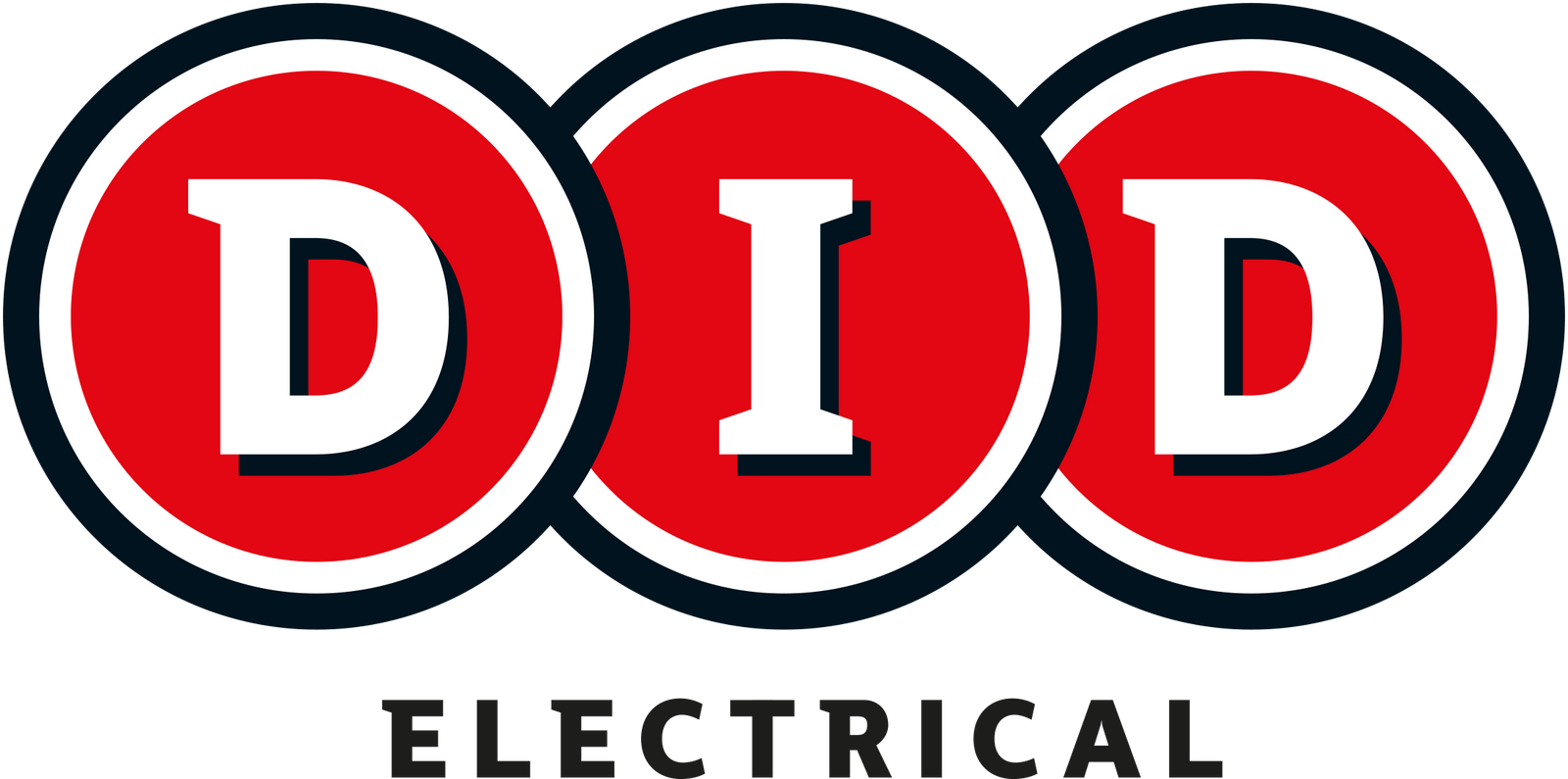In a world where energy has become more and more expensive, it can really help to know a few helpful tips that will save energy in the short term, and save you money in the long run as well. You might not realise this, but there are dozens of small things that you can do around the kitchen with appliances such as the oven, the fridge, the dishwasher and the microwave that will contribute to help you save energy around your home. In this article, we will discuss a number of measures that you can take to save energy on all of your kitchen appliances. We will also discuss the benefits of bulk cooking, freezing foods, and a couple of simple dishes that you can create in minutes using your microwave. We also have a list of FAQs to help you save energy in all areas of your home.
Energy Efficient Refrigeration
Unfortunately, there are not many energy-saving tips that we can give when it comes to your refrigerator. All fridges need to be plugged in 24/7, and as such, are bound to use up a large amount of energy. In saying that, there are many energy-efficient models available here at DID, so browse the refrigeration collection here for some inspiration.
There are some tips for keeping your fridge usage to a minimum. Firstly, keep the fridge at the right temperature (3-4 degrees celsius). You should always check the instruction manual for the recommended temperature and instructions on how to change this. Try not to overfill your fridge, this can block the airflow. In contrast, you don't want your fridge to be empty either. Keep it topped IP as your foods will retain cold air, helping to keep the temperature maintained. When you are loading your fridge, keep the door open for as little time as possible. The open door will allow the temperature to rise, meaning your fridge has to work extra hard to get the temperature back down.
Energy Efficient Dishwashing
To begin, if you have an older dishwasher model, look to try and replace it with a newer one, because newer models are much more energy efficient than their older counterparts (check out our dishwasher collection here). Secondly, and this one might seem obvious, always ensure that you only start a dishwashing cycle when you have a full load of dishes to clean. If you use minimal plates or cutlery, then consider handwashing instead of using a dishwasher. If you must use the dishwasher perhaps just air dry the dishes as opposed to putting them on a heat cycle. You might not see a difference right away, but over time, you will definitely notice a positive change in your electricity bill. When using the dishwasher opt for the eco cycle. This uses colder water and will often incorporate air drying to reduce the electricity use. These cycles tend to be much longer than quick washes or express cycles. But don't worry, you will save energy using these!
Energy-Efficient Oven Use
Again, a newer oven will nearly always be more energy efficient than an older one, so check out our collection of new oven models. If you are adamant about using the oven model that you have, we can give you a couple of tips. Firstly, try not to spend too long pre-heating your oven, after all, that is the use of energy and heat to cook nothing. See if your oven has a fast pre-heat option. Similarly to the dishwasher, try not to use an oven for smaller cooking jobs. An oven takes a lot of energy to get going, and by the time your oven has cooked your food, you might have already paid way above the odds. You could consider using the microwave, air fryer or freestanding grill. These devices can help create tasty meals and they will use less electricity than a standard multifunction oven.
The Microwave
We love the microwave here at DID, and we feel that given the current cost of living crisis and soaring energy prices, you should too. Why? Well, a microwave is by far the most energy-efficient way of cooking in a home, using nearly 75% less electricity and energy when compared to an oven. Saving energy with a microwave is also quite easy, and can be summarised in three simple words, plug it out. A microwave uses energy even when it is plugged in and not in use, so by getting into the habit of simply plugging out your microwave, you can save yourself some money in the long run. Check out the selection of microwaves that we stock.
The microwave is perfect for smaller cooking jobs, heating food, and getting food ready in a flash. In fact, there are a number of things that you can make in a microwave, here is a list of some of them:
- An omelette in a mug – don’t knock it until you’ve tried it
- Macaroni and Cheese – if you want to add a touch of classic America to your dinner
- Microwave mug brownies
- Delicious baked potatoes (loaded if you want)
- Poached eggs
- Stunning steamed vegetables
- Lemon pudding (or any kind of quick and easy pudding).
The Don'ts
Yes, some things should not be cooked or reheated in a microwave. These include rice (which is best cooked properly or you risk food poisoning), eggs with their shells on, bread (makes for soggy and unappetising sandwiches!) and baby formula or breast milk. We should also mention that using anything with metal or tinfoil to heat food up is a massive no-go. Metal and tinfoil will react with the electrical currents in the microwave and could cause a fire or an explosion, and nobody wants that. So avoid put you leftover takeaway boxes in the microwave!
Save Energy: Batch Cooking
Believe it or not, cooking in batches and saving energy go hand-in-hand. As a general rule, when you batch cook, you are using your appliances less often because you use everything all at once instead. Remember, an oven uses up a lot of energy just by heating up, so if you use the oven once a week for 60 minutes to cook everything it will use up far less energy than using it three times a week for 20 minutes. Remember, it is all about being economical. As with certain appliances like the fridge, there might be elements that you cannot control, but you can certainly take control of your use of appliances such as the dishwasher, the oven, and the microwave.
Bonus Energy Saving Tips
Here are 5 top tips that will help you to save energy in your home whenever you use your kitchen appliances:
- Defrost your food before you cook it: Food that is frozen takes longer to cook, and the longer that an oven is on for, the more energy it uses. Save energy by defrosting your food before you cook it. This will help to reduce cooking time in the oven and reduce the amount of electricity that you use.
- Reduce food wastage: Use the correct portion sizes and try to avoid cooking too much food, or more food than you need to. Remember, more food = longer cooking times. This can be a very effective way of saving energy if you are prepared to store leftovers and reheat or freeze them for meals during the week. Any food thrown away is a double waste with regard to your food bill and the electricity that was used in cooking it!
- Keep the oven door closed when cooking: Opening the oven door for just 10 seconds during cooking can lower the inside temperature by 10 degrees, leading to longer cooking times. It also uses up more energy.
- When steaming or using any pot or pan with a lid, try to keep the lid on as much as you can: Opening the lid can lead to an escape of steam, lowering the temperature and increasing cooking time.

Energy Saving FAQS
WHAT ARE SOME WAYS TO SAVE ENERGY IN THE KITCHEN?
There are many ways to save energy in the kitchen, such as using energy-efficient appliances, using lids on pots and pans while cooking, using a microwave or toaster oven instead of a full-size oven when possible, keeping your refrigerator and freezer full, and using energy-efficient light bulbs.
HOW CAN I SAVE ENERGY WHEN COOKING?
To save energy when cooking, you can use lids on pots and pans to trap heat and reduce cooking time, use a microwave or air fryer instead of a full-size oven when possible, cook multiple dishes at once to make the most of the oven's heat, and use the right size burner for your cookware.
WHAT ARE SOME ENERGY-SAVING TIPS FOR DISHWASHING?
To save energy when washing dishes, you can wash dishes by hand instead of using a dishwasher when possible, use the dishwasher's energy-saving mode, run the dishwasher only when it is full, and air-dry dishes instead of using the drying cycle.
WHAT ARE SOME ENERGY-SAVING TIPS FOR LIGHTING IN THE KITCHEN?
To save energy on lighting in the kitchen, you can use energy-efficient light bulbs like LEDs, turn off lights when not in use and use natural light when possible. Remember to always have adequate lighting when you are preparing food in the kitchen.
HOW CAN I MAKE MY KITCHEN MORE ENERGY-EFFICIENT OVERALL?
To make your kitchen more energy-efficient overall, you can upgrade to energy-efficient appliances, use a slow cooker or pressure cooker instead of a stove or oven when possible, seal air leaks around windows and doors, and use a programmable thermostat to control heating and cooling. You can also consider installing solar panels to generate your own energy. Small changes to how you use your kitchen can have a big difference in how you save energy.
WHAT ARE SOME BENEFITS OF SAVING ENERGY IN THE KITCHEN?
The benefits of saving energy in the kitchen include lower energy bills, reduced carbon emissions and environmental impact, and increased home comfort and safety. Additionally, many energy-saving upgrades can increase the value of your home and may qualify for government grants or other incentives.
HOW CAN I MAKE MY HOME MORE ENERGY-EFFICIENT?
To make your home more energy-efficient, you can take steps like upgrading to energy-efficient appliances, turning off lights and appliances when not in use, replacing incandescent light bulbs with LED bulbs, installing a programmable thermostat, sealing air leaks and insulating your home, and using renewable energy sources like solar panels. You can also consider a home energy audit to identify areas where you can improve efficiency and save energy.
HOW CAN I REDUCE MY ELECTRICITY BILLS?
There are lots of ways to help reduce your electricity bills. When purchasing new appliances, choose ones with a good energy rating and the option to use an eco mode. These appliances are designed to use less energy than standard appliances and can help you save money on your bills. You should also unplug electronics when not in use. Many appliances and electronics continue to draw power even when they are turned off or in standby mode. Another measure is to use energy-efficient light bulbs. Switching to LED or CFL light bulbs can help you save up to 75% on your lighting costs. They also last longer than traditional incandescent bulbs. So you can save energy and reduce your annual wastage!










